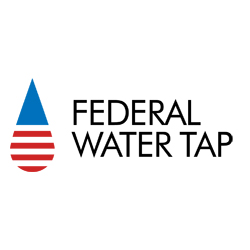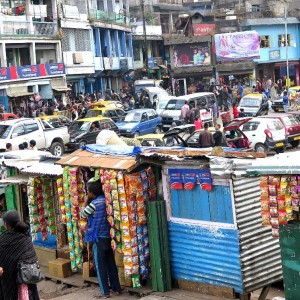The Stream, November 24: Using Water for Peace in the Middle East
The Global Rundown |
Water sharing could be a platform for peace along the Jordan River. Climate change is raising concerns about water and food security in Jamaica, and sea levels will continue to rise for millennia. Much of Africa‘s hydropower is untapped despite investment, Egypt is seeking billions for water and energy infrastructure projects, and an Iowa city is suing the state over water treatment costs. Many Americans are living next to toxic Superfund sites, while communities in Malawi are concerned about water contamination from a uranium mine.
“Anywhere in the world – and certainly in the Middle East – no one survives without water,”—Gidon Bromberg, director of EcoPeace Middle East, on efforts to use water to spark cooperation between countries along the Jordan River. (New Security Beat)
By The Numbers |
49 million Americans who live close to a toxic Superfund site, many of which involve contaminated water. National Geographic
40 percent Possible decline in rainfall in Jamaica due to climate change, leading to worries about food security. Inter Press Service
93 percent Economically viable hydropower potential that is unexploited in Africa, where growing economies are demanding more energy. Guardian
$10-12 billion Investment in 20 energy, water and transportation projects Egypt hopes to gain at an international conference in March. Reuters
$7,000/day Estimated cost of a water treatment process to remove nitrates from public supplies in Des Moines, Iowa, where a water utility is considering suing the state over high nitrate pollution levels. WHOTV
Science, Studies, And Reports |
Sea levels will continue to rise 2.3 meters in the next 2,000 years even if the world acts quickly to cut greenhouse gas emissions, according to a report from the World Bank. Other climate change effects, such as water insecurity, are already being felt. Reuters
On The Radar |
Communities in Malawi are worried about a plan by Paladin Energy to start releasing treated tailings water from one of its uranium mines into a river used as a public water source. The company says the water is safe and meets local and international standards. Bloomberg
A news correspondent for Circle of Blue based out of Hawaii. She writes The Stream, Circle of Blue’s daily digest of international water news trends. Her interests include food security, ecology and the Great Lakes.
Contact Codi Kozacek






Leave a Reply
Want to join the discussion?Feel free to contribute!